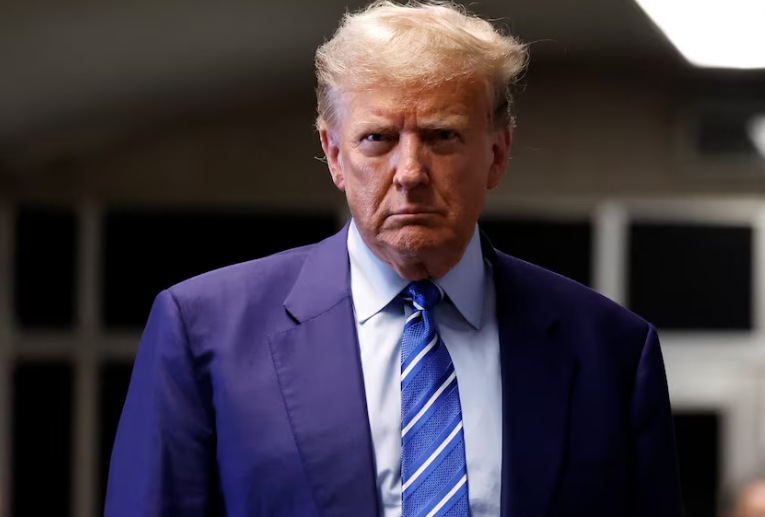The recent conviction of former President Donald Trump on all 34 charges of fraud related to hush money payments has sparked speculation about its implications for the upcoming election.
Trump’s conviction stems from illegal campaign activities and attempts to influence the 2016 election by concealing information about his affair with Stormy Daniels through fraudulent means.
A jury of 12 individuals unanimously found him guilty, and his sentencing is scheduled for July.
Trump has vehemently denied the charges, alleging that the trial was politically motivated and rigged against him.
Despite the conviction, Trump remains a contender in the upcoming election scheduled for November.
However, with a criminal record, questions arise about his eligibility to run.
While some believe that a mere fine would not hinder his candidacy, a potential prison sentence of up to four years seems unlikely, according to legal experts.
The impact of Trump’s conviction on public support remains uncertain. Many voters may prioritize concerns about the economy and foreign aid over his legal troubles.
This historic conviction marks the first time a former or sitting American president has been found guilty of a crime, adding complexity to electoral predictions.
Trump’s sentencing on July 11, just days before his scheduled nomination as the Republican candidate, adds a significant layer of uncertainty to the political landscape.

